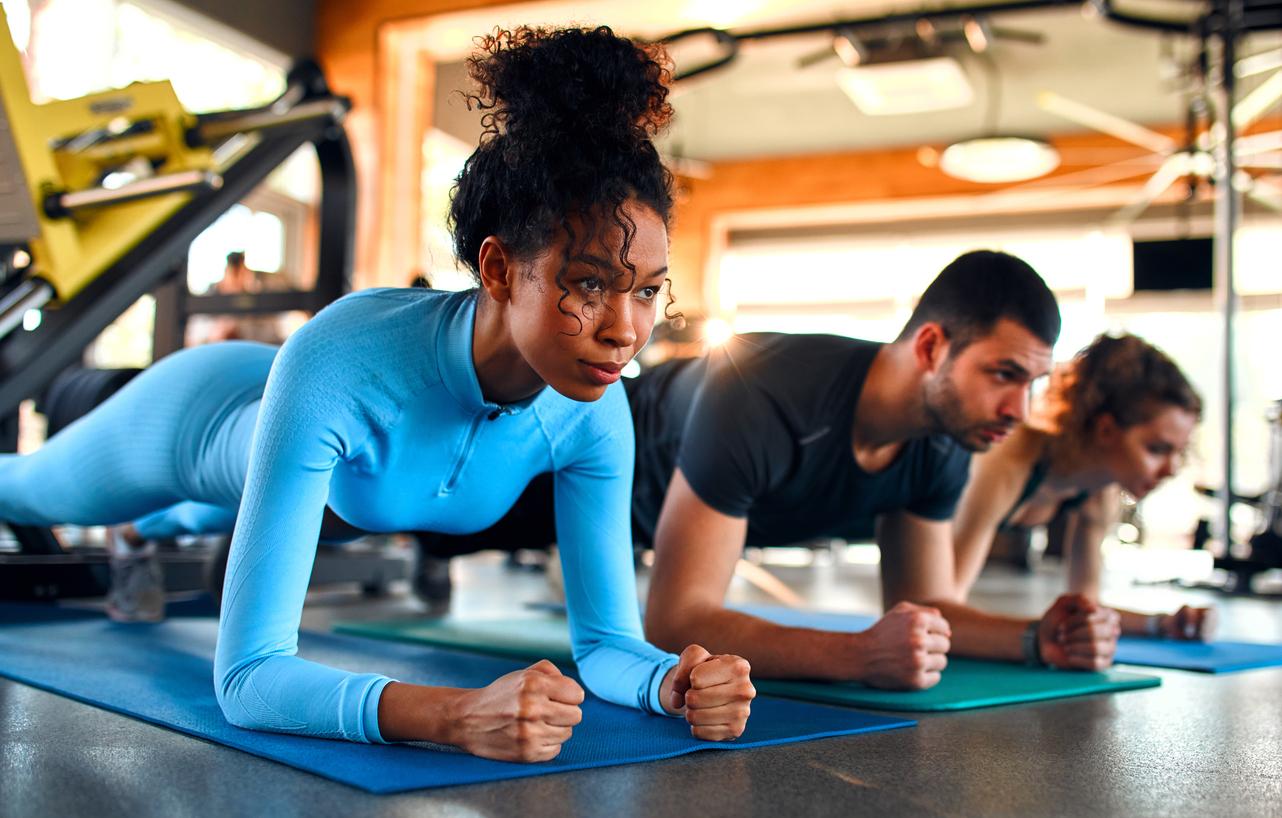Achieving your sporting goals requires a judicious strategy and sustained commitment.

- For any athlete, whether novice or experienced, adopting a structured and caring goal strategy is a crucial step in achieving optimal performance.
- To achieve this you must start by using the SMART objective which provides precision which makes the objective much more effective.
- Support from coaches, peers and those around you is also crucial to maintaining motivation and achieving your goals.
The idea that only physical strength matters to achieve your sporting goals can be limiting and frustrating. For any athlete, whether novice or experienced, adopting a structured and caring goal strategy is a crucial step in achieving optimal performance.
Using the SMART lens
Instead of just stating a vague goal like “improve endurance or strength,” using the SMART goal tool can make a big difference. This acronym, which stands for Specific, Measurable, Achievable, Relevant and Timely, provides precision that makes the objective much more effective.
Concretely, for a beginner runner, this could mean wanting to run their first 5K in 35 minutes within three months, starting with short runs and gradually increasing the distance each week using a running app to track time and distance.
Break the main goal into smaller goals
Rather than aiming for a complete transformation, it makes more sense to set smaller but achievable weekly or monthly goals. This method helps maintain motivation through the satisfaction of consistently succeeding, which increases confidence and morale.
For example, if a tennis player wants to improve his serve, he could start by increasing the number of successful serves each week.
Find support and positive motivation
We can’t repeat it enough: support from coaches, peers and those around you is crucial to maintaining motivation and achieving your goals. Through technical advice but also emotional and motivational support, it is possible to transform thoughts into actions favorable to success.
The reason many professionals use positive affirmations and visualization techniques is because they have been proven to play a key role in athletic success. Don’t hesitate to incorporate them into your training and regularly repeat encouraging phrases to yourself, such as “I am strong, I am capable, I can do it.”
Find out more: “Mental preparation in sport: How to improve your sporting performance, stop stressing, increase your self-confidence and manage your emotions using mental strength” by Marc Dugenie.
















